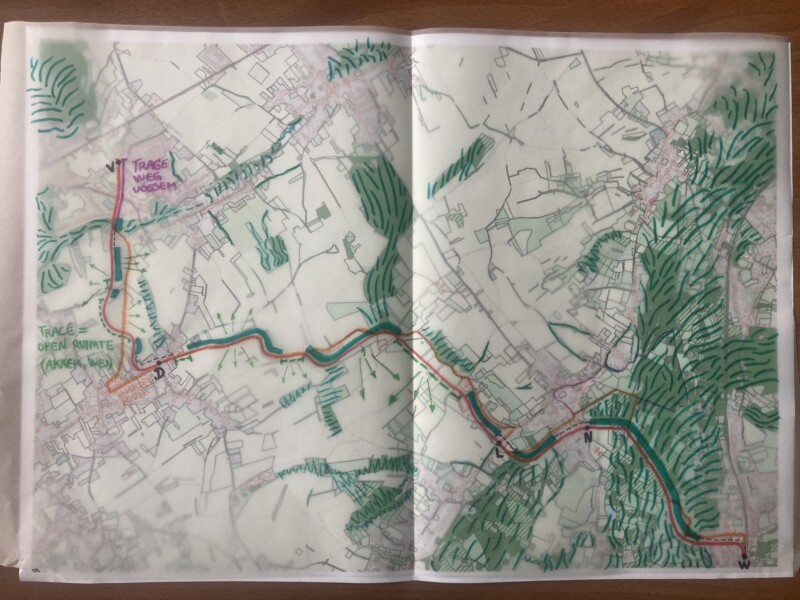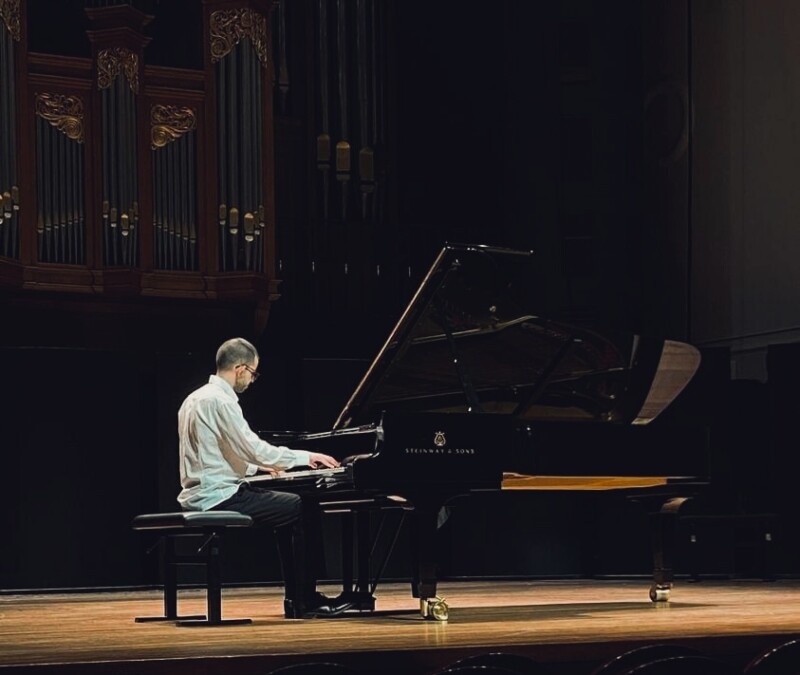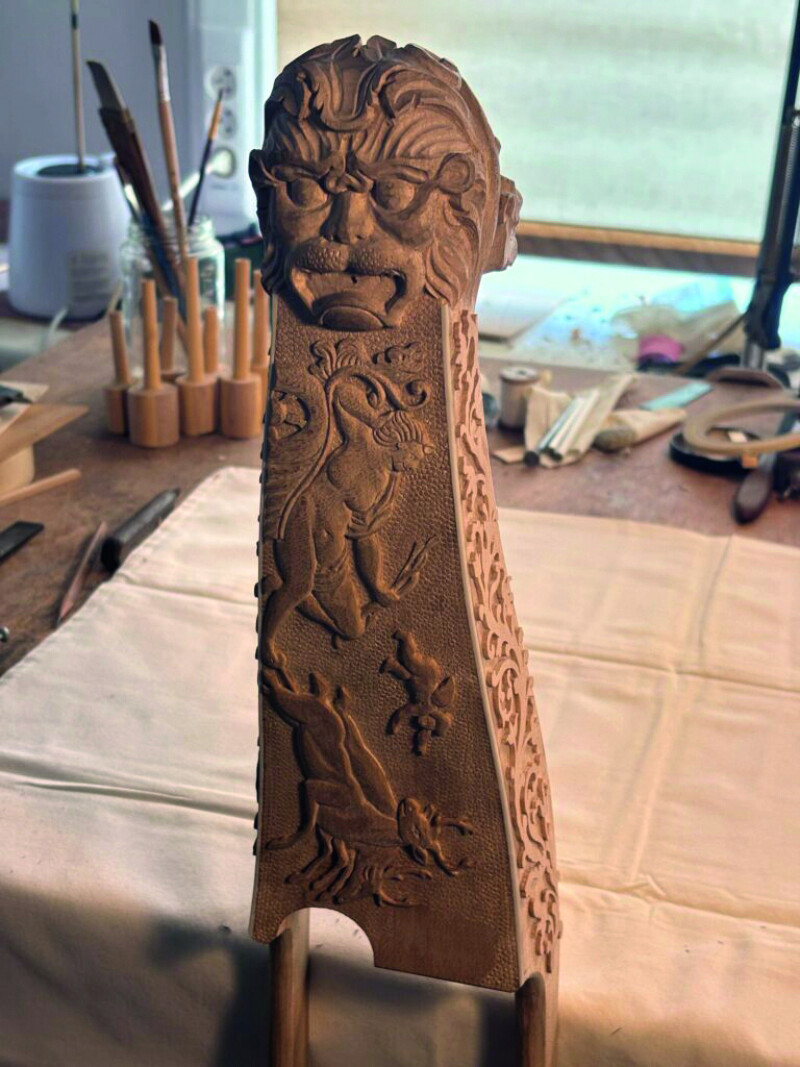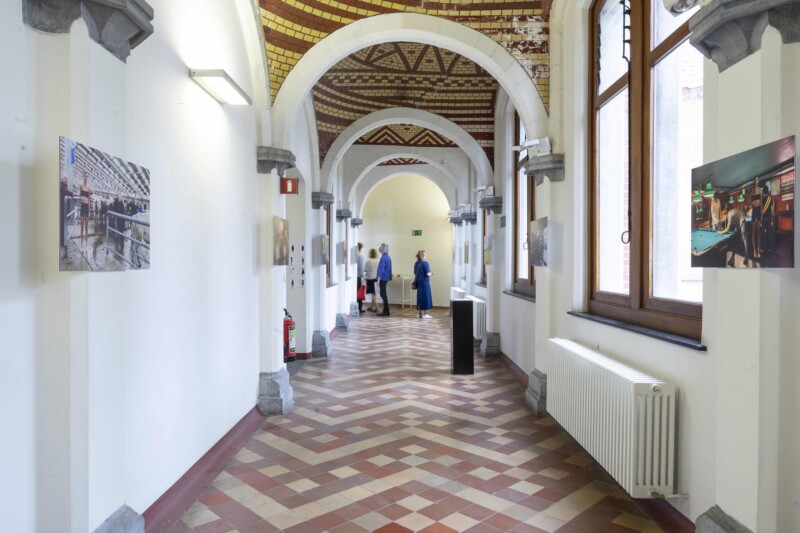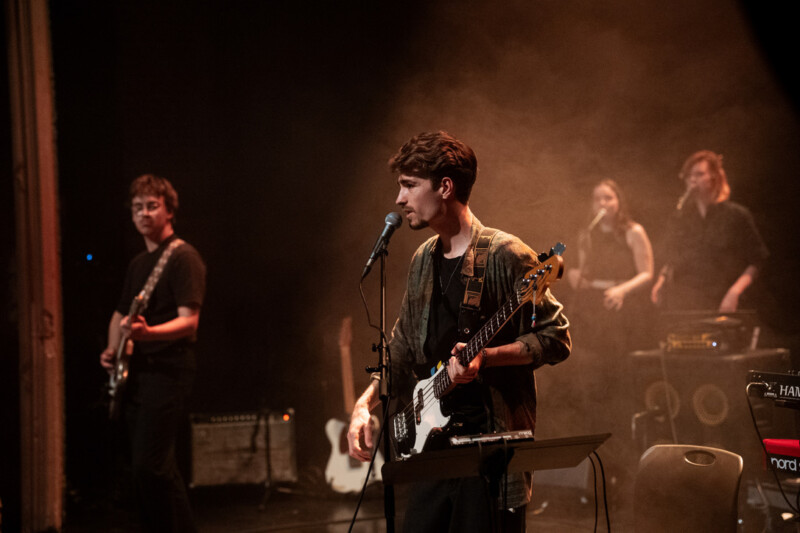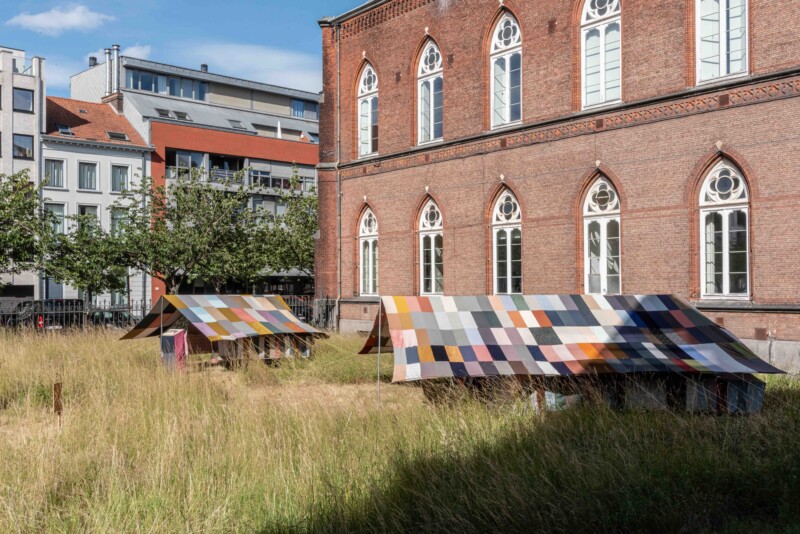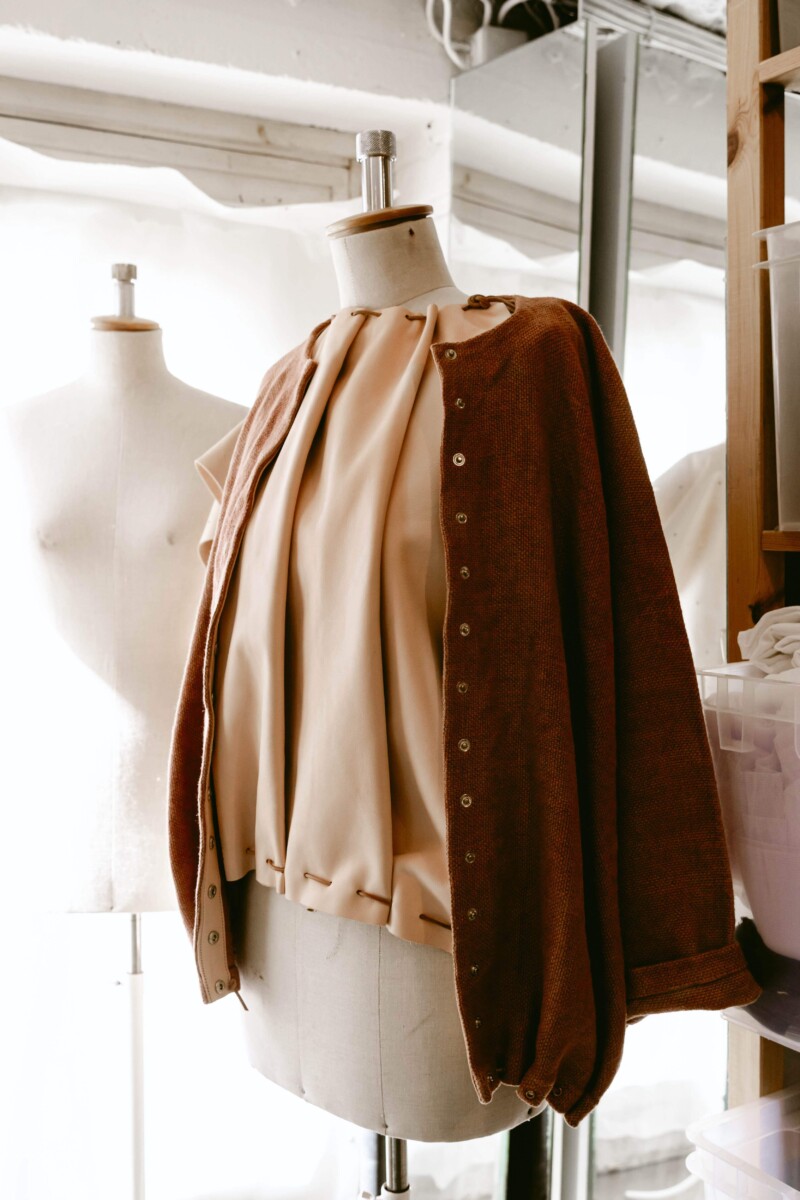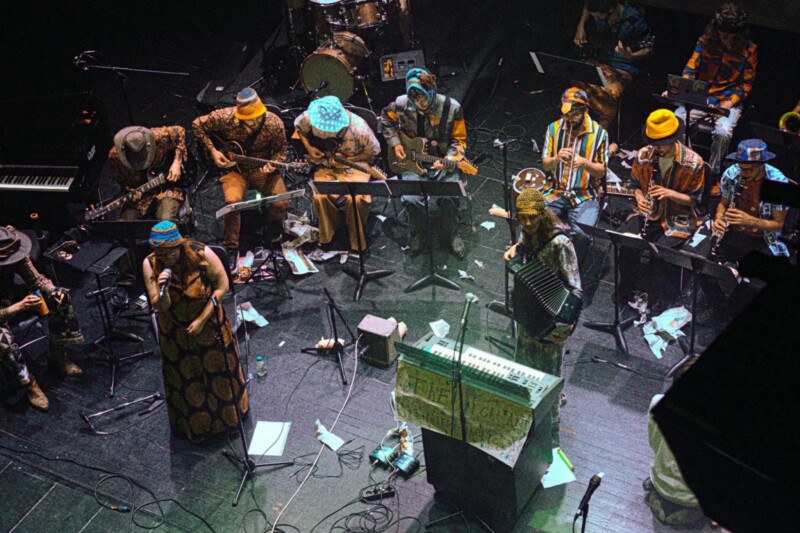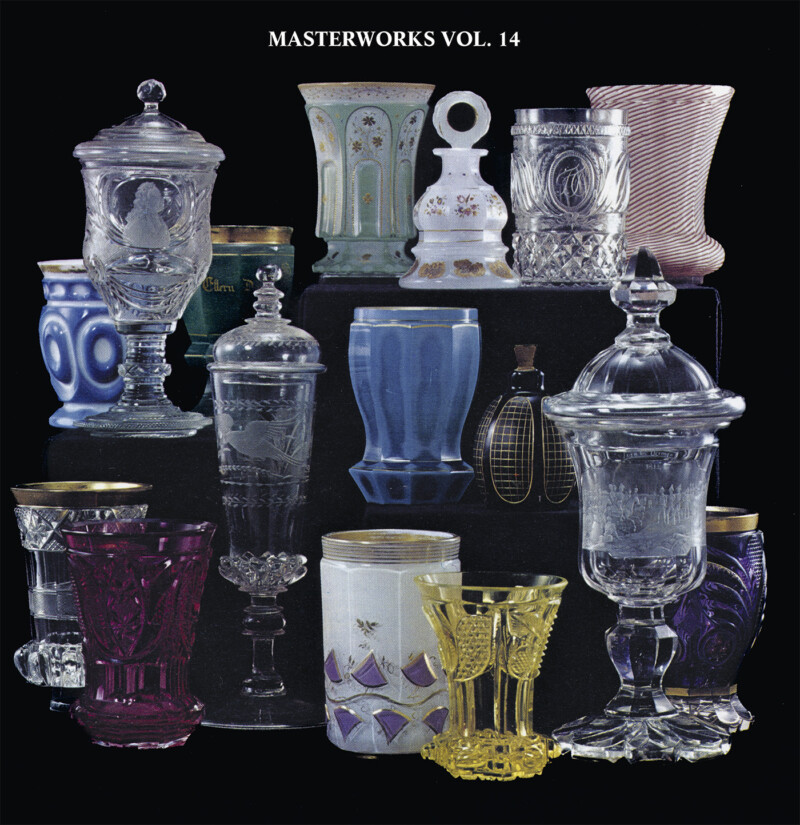Raouf Moussa
As far as we imagine
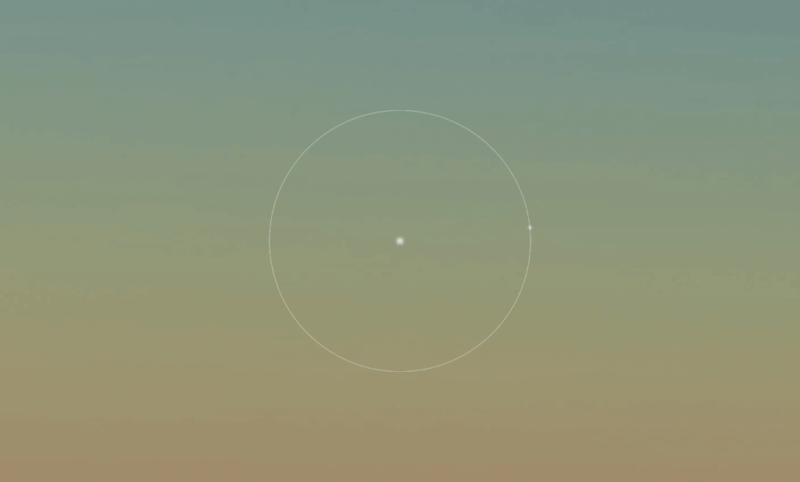
In As far as we imagine, Raouf Moussa searches for places, boundaries. Meandering through a world we think we know and the images and reflections that it gives us. How you and I see the world and how the world wants us to see it. Searching for a horizon that is never where you yourself are standing.

Laurent Derycke
You start with paintings?
Raouf Moussa
We grow up with formative images. An image of a particular landscape colours your view on it. I was aware of that construction at an early age. Images of the Netherlands that propagate a particular idea of a country. You don't get to see the entire colonial past. The notion of a landscape doesn't sit well with me either. As if you can capture a country in an image as something uninhabited. I also explore my relationship with land and how it is not fixed. Maps are representations that are actors, have an active, working role and are formative.
LD
Images tell us how the world was, how it is.
RM
Almost always from a single point of view. The perfect country in harmony. A mathematical illusion of three dimensions and depth, but flat. I also try to explore the idea of the abstraction of mathematics. And (land) maps as images that cause a disconnection from the experiences in that world. Without the human experience. Imaginary lines with real meaning, as absolute truth, without the nuance of who created them. Influencing how we view that world. Migration maps, you don't see the whole idea of movement. Just arrows as if they were wartime movements, easy, clear, straightforward. That really shapes how we relate to the world and think about these things. A hyperreality full of emptiness, disconnected elevation and distance.
LD
How does such awareness come about?
RM
I have felt placeless for a long time. I can identify more with what I am not than with what I am. I grew up on the border, Belgium-Netherlands-Germany is close to Maastricht. And also between two cultures. In Belgium, I was Dutch and the other way around, the same for Tunisia. I am never from there.

LD
Did that start to bother you?
RM
But I embrace it too. There is also strength in that. It is strange not to feel the ground beneath your feet, but it does make me think much more about movement. And how to move between places. I am also more fascinated by relating to rather than belonging to.
LD
You say, “I don't necessarily need to find an ending or an answer; the search itself is also fascinating, also gives me things”.
RM
There are definitions, but I deliberately italicise them. The true horizon. A mathematical approach that abstracts the world into a sphere without trees, buildings, or lives. A perfection that does not exist. And mathematics has a tendency to place everything in perfect situations. I'm interested in that abstraction. I try to expose it, but also to find an alternative or to see how you live in a world that is not naturally abstract but becomes so because of all those images. How do you move in that world? And also: movement as resistance. How can you relate to space, your own camera and yourself in your work? How can you break through that hierarchy? A quest where you yourself do not know the outcome. In that interaction with each other, something emerges, and that can then lead somewhere. The search is almost the whole point.
LD
Can you script this or does it just happen?
RM
I hardly write anything down (laughs). I have ideas that I work around. I seek connection with others. Not to define myself as “I am this and that”, but rather to explore how I can be more with other people. What emerges from that interaction. Relating to, in constant motion. And being honest with myself, which is necessary. What does it mean to be a filmmaker? I want to use film as a way of being or of being in the world.

LD
Film is created once again in the editing process.
RM
When you're editing, you're in a different mindset than when you're filming. The film becomes a living thing. It needs a little more of this, a little more of that. And suddenly I was capturing flight simulator footage. It was all in the back of my mind, but editing brought it back to the forefront. What I learned most during editing... There were many moments when I thought, “What have I actually done here, and nothing is coming out of this.” But maybe it's okay, and it was just the action of filming itself? I had a lot of material. I hope I had to do that to end up here, or something. Part of the process. In January of this year, I started editing with someone else, with Leon.
LD
A fresh perspective.
RM
Text on image, for example.
LD
Without that, the film would be inaccesible. And without the voice-over.
RM
I can sometimes get very lost in my head, and he was good at bringing me back here. He is a filmmaker himself, also works fragmentarily and collects a lot of images. So he's a good partner. I deliberately chose not to use a voice-over because that also has that defining hierarchical quality.

LD
It is text that does not impose, but searches.
RM
What is true and what is not? That's up to the viewer. I find the absence of a person, as a voice, more interesting. Because the film works around the absence of something. The negative, as in a photograph, a negative image. The opposite, what is not there. It's about images and ideas. It's also difficult to move from ideas to a medium such as film. It's not really meant for that (laughs).
LD
Is it a self-portrait and something universal, both?
RM
I'm doing this as self-exploration, and ultimately it will find its way to other people. It's important that others have insights. Away from navel-gazing.
LD
Are you happy with it?
RM
I try not to attach too much value judgement to it. It's up to others to say that. It's fine if they like it, it's fine if they don't. It's all okay. And now that I've graduated, I also want to find new ways to bring people together around film, to exchange ideas, to screen films. Also in alternative ways. Creating spaces online or in real life for people. Research projects I'm thinking about. Seeking and making connections through film, meeting people. Continuing to make and explore film and what film is, does, can do.
text: Laurent Derycke
filmstills: As far as we imagine (2025), Raouf Moussa







